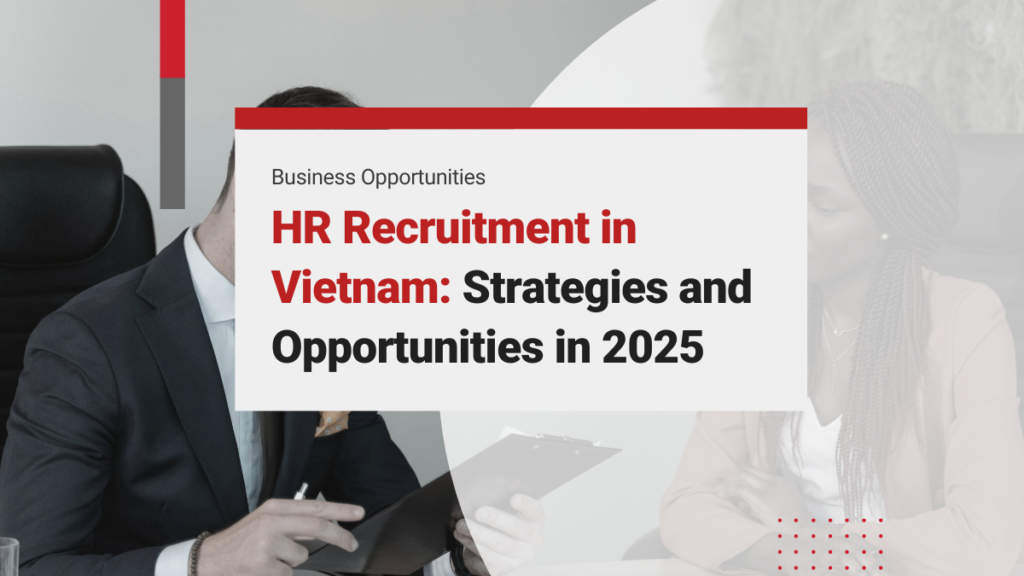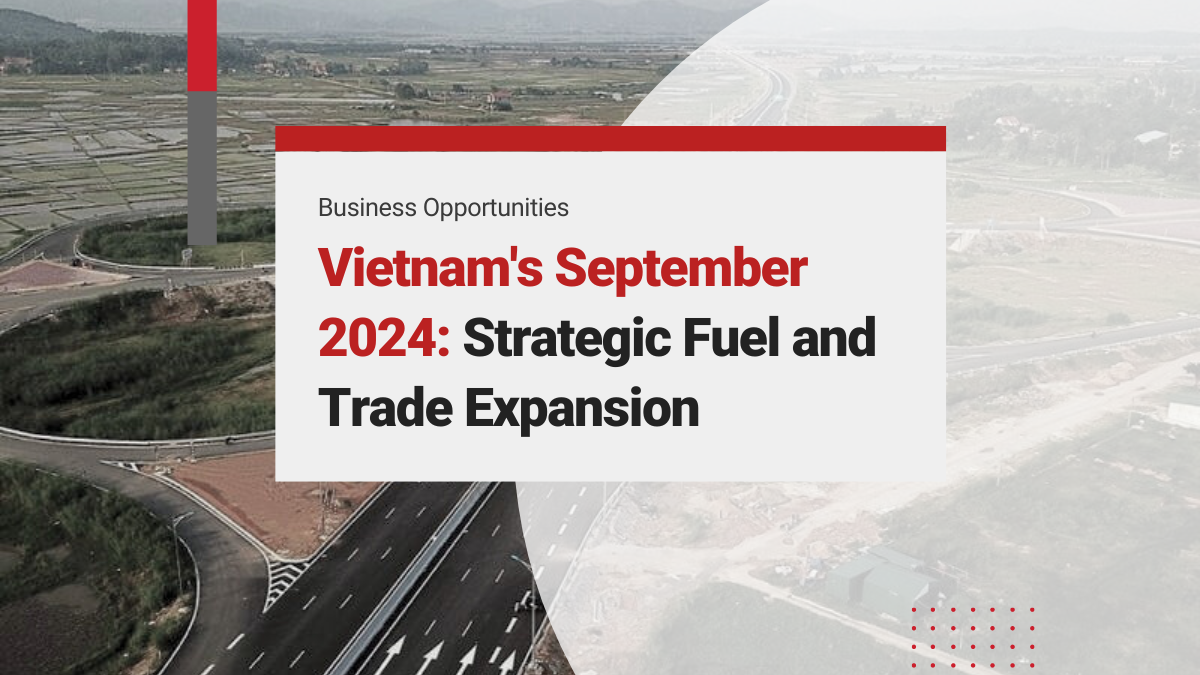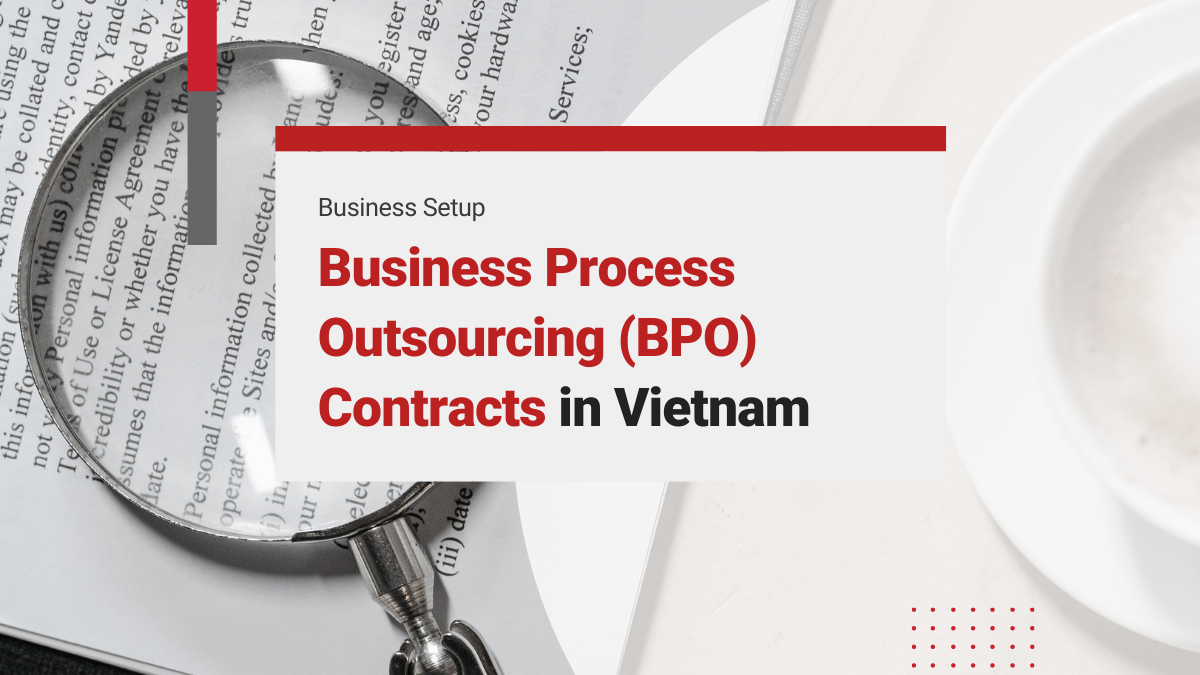Vietnam is quickly establishing itself as a standout economy in Southeast Asia, thanks to its young workforce and strong inflow of foreign investment. With the pace of change accelerating, businesses are feeling the pressure to sharpen their recruitment strategies and adapt to an increasingly competitive market. As more global companies expand into Vietnam, managing payroll and HR compliance efficiently has become a key priority for sustainable growth – many rely on specialized HR and payroll services to stay compliant and streamline operations.
Vietnam’s economy is gaining momentum, powered by a young, energetic workforce and steady foreign investment. As the business environment grows more competitive, companies are finding it essential to rethink how they attract and retain talent to stay ahead.
1. Overview of Vietnam’s Labor Market in 2025
As of 2025, Vietnam’s labor force stands at over 52 million individuals, with a labor force participation rate exceeding 76%. The country’s unemployment rate remains low, averaging around 2.4%, thanks to robust economic development and government-backed employment policies. However, underemployment persists in certain rural areas, indicating an imbalance between job availability and skill alignment.
Vietnam’s economic engine is powered by diverse sectors, including manufacturing, technology, financial services, and renewable energy. The IT sector, in particular, has seen explosive growth, driven by global demand for tech talent and Vietnam’s rising reputation as a software outsourcing hub. Additionally, the logistics and e-commerce sectors are expanding rapidly, supported by a growing middle class and urbanization.
Urban centers like Ho Chi Minh City and Hanoi dominate the labor market in terms of job volume and salary competitiveness. However, secondary cities such as Danang and Hai Phong are emerging as attractive alternatives due to cost-effectiveness and improved infrastructure. In contrast, rural areas still face limited job opportunities outside agriculture, although government initiatives aim to boost rural employment through vocational training and SME development.
Read Related: HR Outsourcing in Vietnam: Optimizing Operations for Business Success
2. Recruitment Trends in Vietnam
2.1. AI Recruitment
Artificial intelligence is rapidly reshaping the recruitment landscape by streamlining operations, reducing costs, and accelerating time-to-hire. Many platforms including LinkedIn’s newly launched AI hiring assistant are integrating AI-powered capabilities to support the entire recruitment lifecycle. These solutions offer automation in areas such as job posting, candidate sourcing, and initial screening, enhancing operational efficiency.
However, as employers continue to explore these innovations, questions persist around the ethical implications and the accuracy of AI-driven assessments. While 2024 marked a period of experimentation for most organizations, adoption remains in its early phases. In contrast, job seekers have quickly embraced AI tools across all stages of the hiring process from bypassing automated screening systems to leveraging bots for applications, AI-powered interview preparation, and even real-time assistance during interviews.
Key Considerations for Employers:
- Enhance Operational Efficiency: Leverage AI to automate repetitive recruitment tasks, enabling HR teams to allocate more time to high-impact, strategic initiatives.
- Balance Technology with Human Insight: Integrate AI tools with human judgment to ensure a well-rounded evaluation of candidates, particularly in assessing interpersonal skills and cultural fit.
- Invest for Long-Term Value: Allocate resources toward AI implementation and employee training, while maintaining an ongoing process to audit and refine AI tools for bias mitigation and performance optimization.
2.2. Remote Working
The latter half of 2024 witnessed several high-profile companies making headlines for enforcing strict return-to-office mandates, requiring full-time on-site presence. As we move into 2025, businesses are reassessing the long-term role of remote work, acknowledging the value of in-person engagement in fostering innovation, cultural alignment, learning, and team synergy.
While fully remote roles are becoming less common globally, organizations aiming to stand out in talent attraction and retention are moving beyond rigid hybrid structures such as fixed “anchor” days. Instead, they are adopting more tailored, flexible models that prioritize employee autonomy without compromising collaboration. Emerging approaches like “window working” aim to balance flexibility with productivity and connection.
Read Related: What is a Virtual Office in Vietnam: 5 Reasons to Use
Key Considerations for Employers:
- Clarify and Communicate Work Models: Clearly articulate expectations around hybrid and flexible arrangements through formalized policies. A structured yet adaptable framework supports team cohesion while accommodating individual needs.
- Understand Employee Impact: Blanket return-to-office policies have often led to public employee dissatisfaction. Rising commuting costs, work-life imbalance, and mental health concerns are fueling resistance, potentially increasing attrition and affecting performance.
- Tailor Flexibility to Compete for Talent: The workplace of the future will favor more personalized and purpose-driven models. Organizations that embrace customized hybrid schedules and meaningful in-person touchpoints will be better positioned to attract and retain top talent in a competitive labor market.
2.3. Upskilling and Cross-Training Programs
The traditional “career ladder” model where professionals advance vertically within a single function is gradually giving way to a more dynamic “career lattice” approach. Today’s workforce increasingly values lateral moves that broaden their skillsets, expose them to cross-functional challenges, and align more closely with personal interests and long-term goals.
By enabling employees to explore diverse roles across departments, organizations not only foster deeper engagement but also promote a more agile, well-rounded workforce. Aligning career pathways with individual values and aspirations is becoming a strategic imperative for talent retention. Encouraging lateral growth opportunities helps prevent role stagnation, enhances motivation, and supports long-term succession planning by addressing evolving skills needs.
Key Considerations for Employers:
- Align Career Growth with Individual Aspirations: Offer development opportunities that reflect employees’ personal values and career goals to drive engagement and reduce turnover.
- Encourage Cross-Functional Mobility: Adopting a career lattice model promotes cross-departmental moves, enriching team collaboration and building broader skill capabilities across the organization.
- Position Growth from the Start: Emphasize internal mobility and learning opportunities in recruitment messaging to attract candidates who prioritize continuous development and cultural fit.
Need help with HR recruitment in Vietnam? Check out InCorp Vietnam’s HR & Payroll Services in Vietnam
3. Market Challenges in HR Recruitment in Vietnam
3.1. Lack of Skilled Labor
The Ministry of Labour, Invalids and Social Affairs reported that approximately 38 million workers remained untrained by year-end. Besides, compared to regional peers, Vietnam’s labor productivity remains relatively low, largely due to the limited education levels among its trained workforce: as of 2023, only 27% of Vietnamese workers held formal training, degrees, or certifications; around 75% of workers receive only short-term vocational training lasting less than three months.
This presents significant challenges not only in terms of productivity but also in recruitment. Manufacturing businesses are finding it increasingly difficult to identify and secure qualified talent through traditional recruitment channels. The shortage of skilled labor limits the effectiveness of recruitment strategies, inflates hiring costs, and prolongs vacancy periods for technical roles. Moreover, the outdated training structure and misalignment between education and industry needs continue to weaken the talent pipeline, making strategic recruitment planning more critical than ever.
Read Related: Vietnam Labor Law & Labor Code: A Guide for Businesses
3.2. Limited Upskilling and Cross-Training Programs
Compounding the talent gap is the limited access to structured upskilling and reskilling initiatives. A 2025 TalentNet report found that 39% of foreign-invested enterprises (FDIs) in Vietnam cited the absence of effective training programs as a major operational challenge. As industries increasingly undergo digital transformation, this issue becomes more pronounced. The World Economic Forum projects that by 2025, half of all manufacturing roles will require new technical skills yet 59% of manufacturers globally still lack reskilling strategies.
For recruitment teams, this means greater competition for a limited pool of qualified candidates and higher dependency on external recruitment agencies or workforce solutions. Without internal development pipelines, businesses face rising costs and longer lead times in their recruitment processes. Investing in comprehensive training programs not only enhances retention but also supports more sustainable and strategic recruitment planning.
3.3. Employee Retention, Engagement, and Recruitment Impact
Low employee engagement continues to undermine productivity in the manufacturing sector. According to the Manufacturing Institute’s 2024 Engagement Study, only 25% of manufacturing employees are actively engaged. This lack of engagement correlates with 81% higher absenteeism and 41% more quality defects, resulting in significant operational and financial impacts.
Employee turnover presents a major cost burden, with direct replacement expenses averaging $50,000 per voluntary departure. Disengaged employees also contribute to a 23% decline in overall productivity. These trends directly influence recruitment budgets and workforce planning cycles, as HR teams are pressured to fill vacancies more frequently. The root of this issue lies in shifting workforce expectations: 83% of employees now prioritize job satisfaction, and 69% value family-oriented cultures and work-life balance. These evolving preferences often clash with traditional manufacturing environments, creating a disconnect that complicates recruitment strategies.
Conversely, companies that prioritize employee engagement and offer career development opportunities experience up to 70% lower turnover rates and 44% higher profitability. This also enhances employer branding and improves recruitment outcomes by attracting candidates who align with modern workplace values. In today’s competitive labor market, aligning engagement, development, and recruitment efforts is essential to building a resilient and future-ready workforce.
Read Related: Top 10 Challenges of Doing Business in Vietnam: Notes and Advice for Foreign Investors
4. Popular Recruitment Methods in Vietnam
4.1. Job Portals
Online job boards like VietnamWorks, CareerBuilder, and MyWork are among the most commonly used platforms for advertising vacancies. These sites offer wide reach and advanced filtering options, enabling employers to connect quickly with relevant candidates.
4.2. Recruitment Agencies and Headhunters
Many businesses turn to recruitment agencies and executive search firms to source top-tier professionals, particularly for managerial and specialist roles. These agencies provide market insight, vetted candidates, and time-saving services, making them a valuable partner for complex hiring needs.
4.3. Social Media and Networking
Social platforms such as LinkedIn and Facebook are increasingly popular tools for employer branding and passive candidate engagement. Companies often use these platforms to share job postings, promote workplace culture, and reach candidates who may not actively be searching through traditional job boards.
How InCorp Can Assist?
In 2025, navigating Vietnam’s competitive talent landscape requires more than just job postings as it demands a strategic approach to recruitment. InCorp Vietnam supports businesses by offering end-to-end recruitment solutions tailored to local market dynamics. From executive search to contract staffing and contingency hiring, we help companies identify, attract, and retain the right talent across industries. Our in-depth understanding of regulatory compliance, salary benchmarking, and cultural nuances enables us to streamline hiring processes, reduce time-to-fill, and ensure workforce alignment with long-term business goals. Whether you’re scaling a startup or expanding an established enterprise, InCorp is your trusted HR partner in Vietnam.

clients worldwide

professional staff

incorporated entities in 10 years

compliance transactions yearly
Learn the Right Setup for Business
Expansion in the Vietnam
Frequently Asked Questions
Does Vietnamese labor law require a specific ratio of foreign to local employees?
- No, there is no mandated ratio under Vietnamese labor law. However, not all company positions can be filled by foreign employees.
Can foreign employees hold any position within a company in Vietnam?
- Not all roles are open to foreign nationals. Employers may only hire foreigners for positions requiring specialized skills, and must demonstrate that no qualified local candidates are available. While this limits foreign hires for general roles, there are minimal restrictions when it comes to middle- and senior-management positions.
What skills are currently in shortage in Vietnam and often require foreign employees?
- The Vietnamese government favors hiring foreign professionals who possess: - Strong language skills, especially in English - Expertise in IT, digital technologies, Blockchain, or Fintech - Skills that are in limited supply locally - International experience and global industry exposure
What must a company do to legally hire a foreign employee in Vietnam?
- Employers must submit a foreign labor usage report detailing the reason for hiring a foreign national. This report must be filed at least 30 days before the employee’s intended start date.






